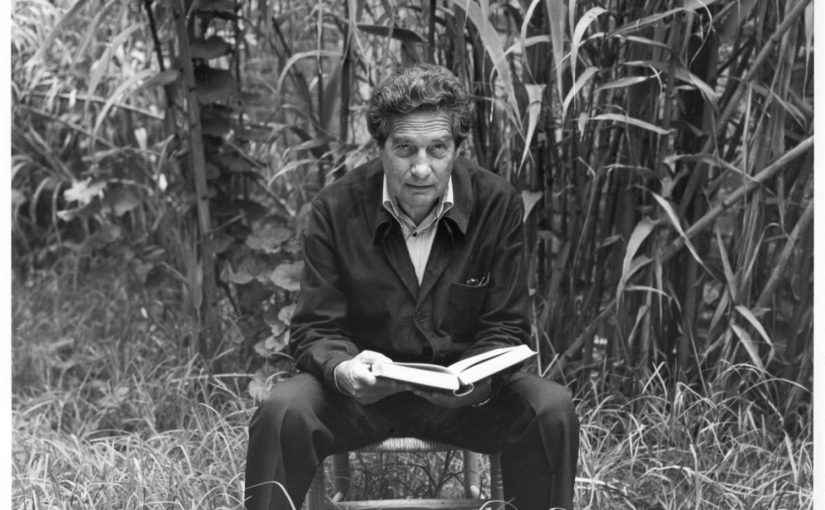Tag: Octavio Paz
-

In Search of the Writer-Diplomat Tradition
Marcel Proust is forever being lost to myth, reduced either to a gossip who chronicled Parisian salons, or even worse, a withdrawn asthmatic overly sentimental for the past. This reduction makes no room for Proust’s admiration for technology or the diplomats and military men who made statecraft and war. Proust adored automobiles and was fascinated…
